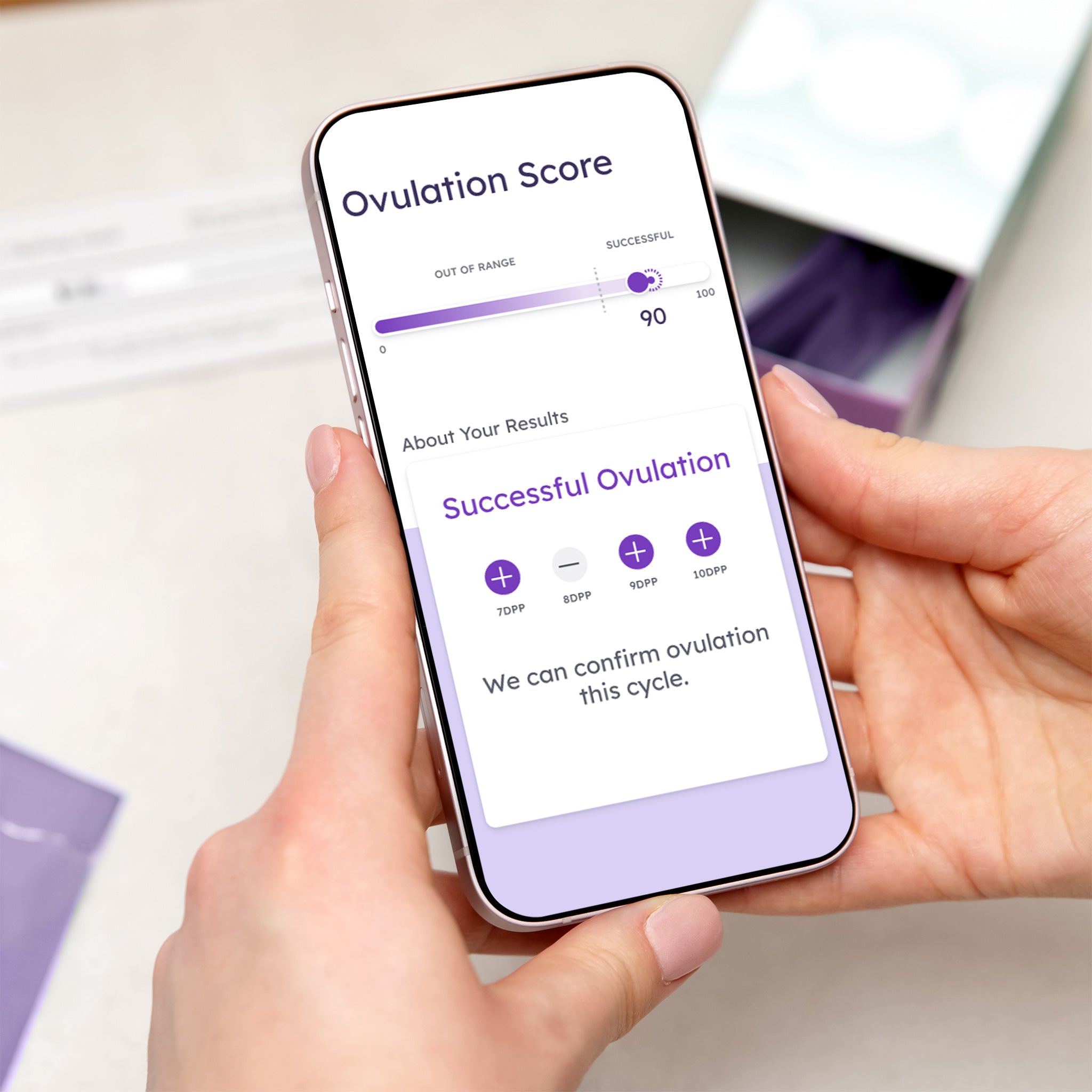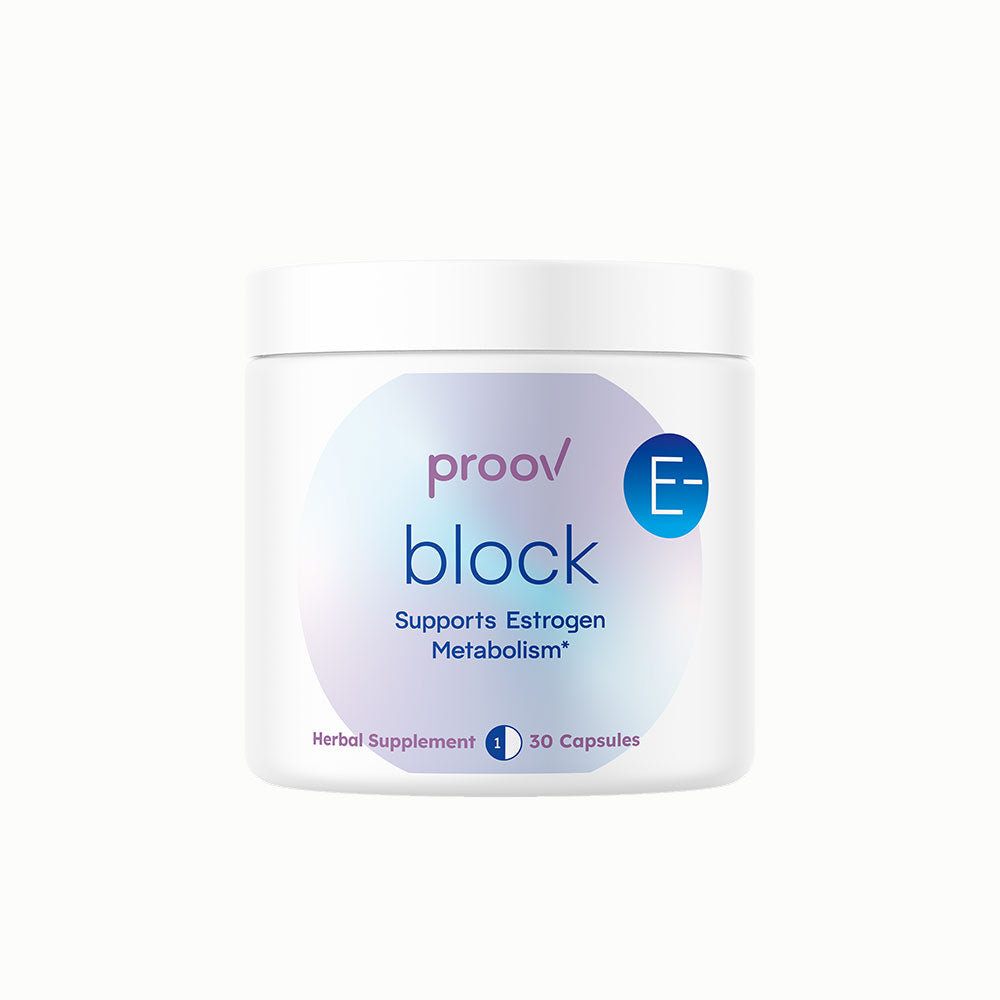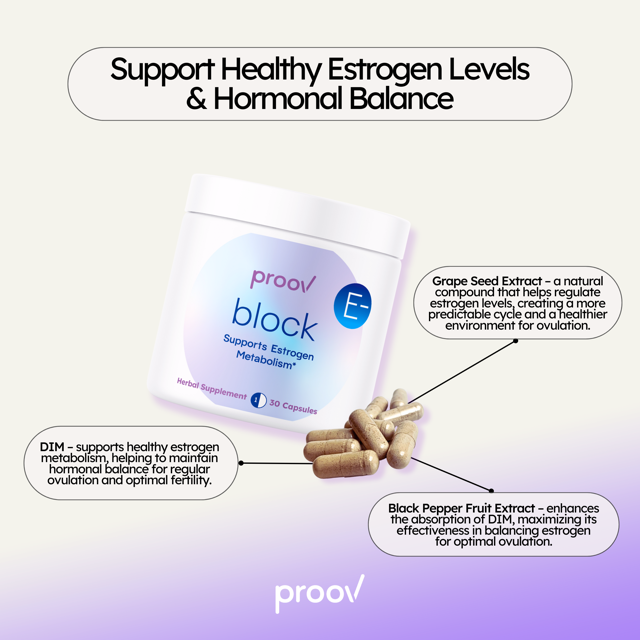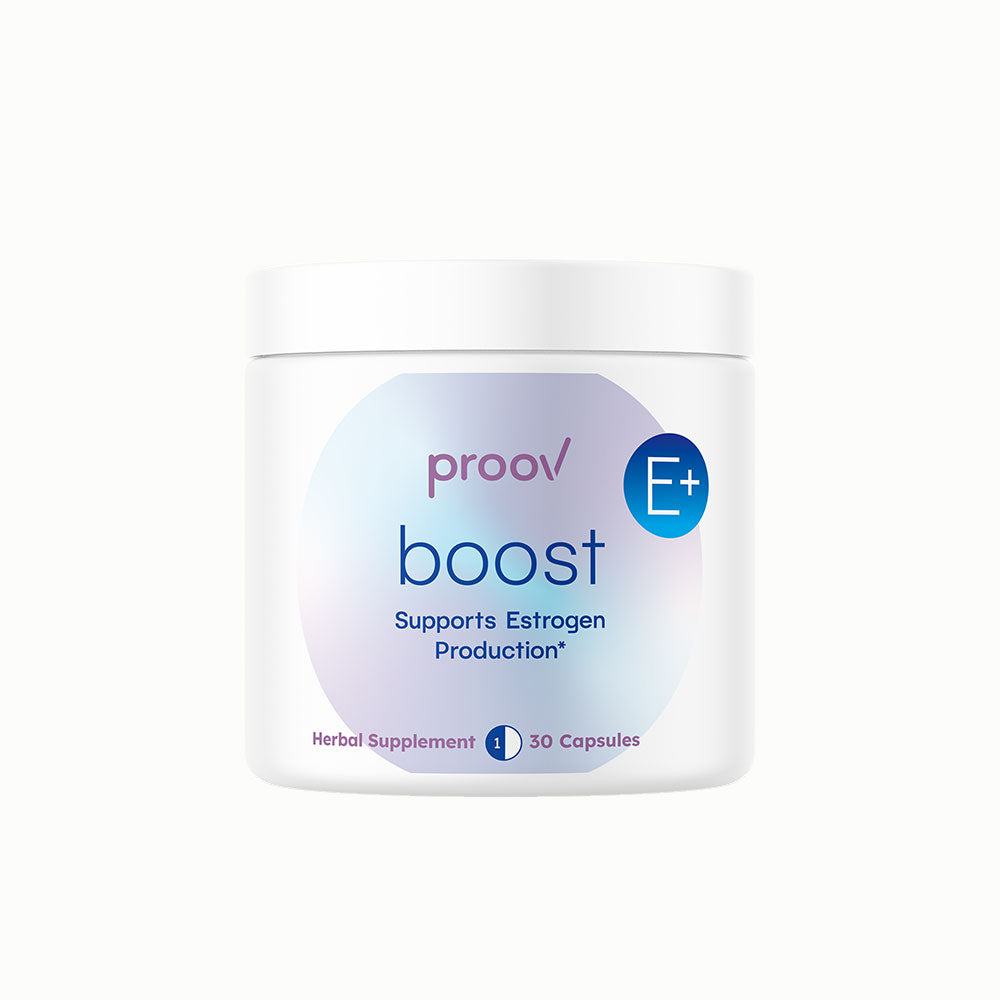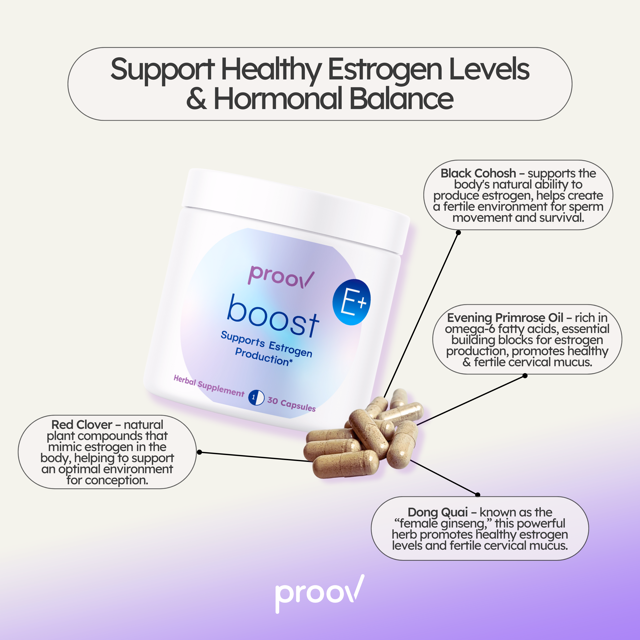Hers and His Advanced Fertility Test for Couples
- Regular price
- $179.99
- Sale price
- $179.99
- Regular price
- $203.99
Screen for 5 of the leading causes of infertility for 1/2 the cost of a single fertility center visit.
Details
What's Included









1:1 Support
99% Accurate
Non-invasive
Proov-exclusive Ovulation Score
AS SEEN ON




“As a fertility doctor, Proov is one of the most comprehensive, reliable at home diagnostic testing and support systems I’ve ever seen. I love that Proov provides a suite of products that allows patients to have more information and tools from the comfort of home.”











